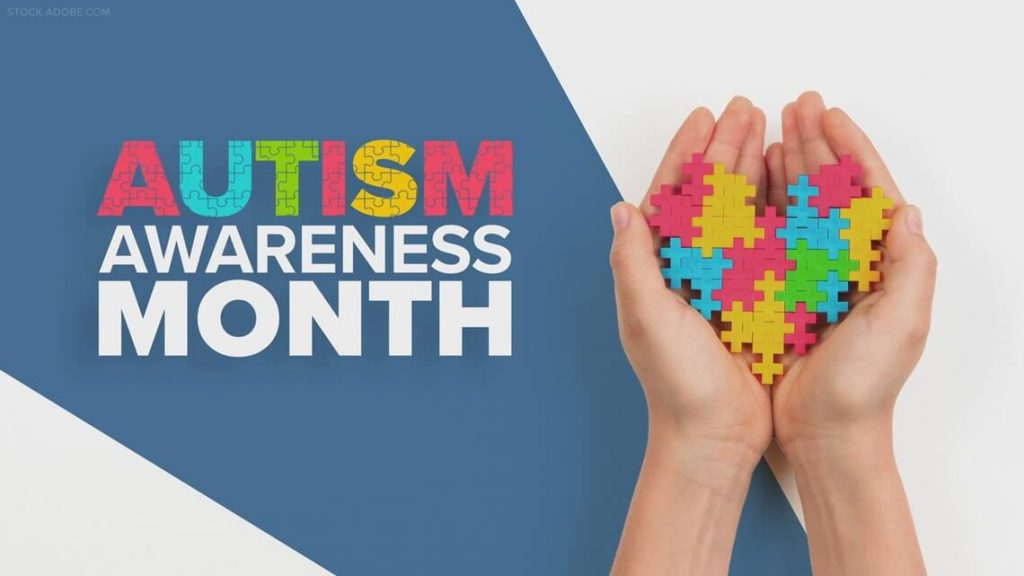There were lots of tears when she first learnt that her three-year-old child, Ming, was autistic. It took some time to accept his condition, and even when there was acceptance, there was never full acceptance.
“My husband (Ian) and I hoped that one day, Ming would be able to lead a ‘normal’ life. We tried all types of therapy, in hopes that he would miraculously be like other kids,” confessed the mother of two, Teh Lip Kim.
“It was especially difficult in the early years. Even simple actions such as taking him out in public was challenging, as he was very sensitive to noise.”
However, Teh and Ian soon realised that the best parenting method would be to treat Ming like they would any other child.
Today, he has improved in social skills by leaps and bounds. He even loves travelling and has since developed functional skills.
“We’re so proud that he’s able to look after himself and string sentences together.”
Teh said Ming and his brother, Mark, have enriched their lives and made them more complete.
World Autism Awareness Day is an internationally recognised day on 2nd April each year, encouraging Member States of the United Nations to take measures to raise awareness about people with autistic spectrum disorders, including autism and Asperger syndrome throughout the world. This year’s theme focuses on inclusion in the workplace.
Keeping in line with this theme, one of Teh’s major goals is to provide job opportunities and open career doors for differently abled people, just like her son.
And her position as the Group Managing Director of Selangor Dredging Berhad (SDB) allows her the opportunity to do just that.
“My goal is to give young adults with autism a sense of purpose, and provide them a sense of ‘normalcy’. It’s also about instilling a sense of pride in them, especially in delivering tasks assigned to them,” said Teh.
It’s important to ensure special needs people have consistent interaction among their peers, she added.
“You may not hear them talking all the time, but there’s a beautiful ‘unspoken’ language when autistic people are together. It’s a sense of community and belonging. There’s a strong bond and love among them; a deep sense of brotherhood and sisterhood that’s amazing and special.”
Social integration, Teh stressed, is crucial to the development of a special needs child.
“It’s about giving them a place and a voice in society. We must accept and praise them for their efforts, big or small.
“Some of them just want to be able to take public transportation on their own. There are also many who merely want to be able to buy a car and to learn how to drive it. Others yearn to be part of an office environment so that they can improve their language skills.”
As a matter of fact, they make us realise that we have everything we want in our lives and we should be grateful.
Stop Stereotyping Autistic People
Teh advised against labelling specific job roles for them, as differently abled individuals thrive in different environments.
“We know of autistic people who have successfully integrated into office environments, and are now dependable employees. In fact, they tend to work harder than other employees, to prove themselves.
“Society and organisations need to give them a chance and help them acquire different skills. We need to expose them to different work environments, and accept them as part of the workplace and society.”
Employers Need To Do More As Well
Unfortunately, some companies have a narrow approach to employing differently abled people, she commented.
“Many are unaware of their capabilities and determination, especially their ability to rise above challenges. In actual fact, differently abled people push harder because they’re grateful for the roles entrusted to them.
“Why are we as a country so dependent on foreign labour, without giving our special needs people a chance? For instance, many autistic people would be more than happy to do housekeeping jobs in the hospitality industry. And they would excel, because autistic people tend to be extremely task-oriented.”
How Can The Government Help?
We hope the Government would introduce more incentives and change policies to encourage the hiring of special needs people, Teh suggested, adding that there needs to be more diversity in organisations.
“It’s time to introduce and reintroduce attractive incentives on Government-led programs for people with special needs. Initiate collaborations with non-profit organisations to create job opportunities as well. The workforce must be inclusive.”
Corporate social responsibility (CSR) initiatives should not be present merely to fulfil an obligation, it should be conducted in a genuine manner with the best interest of the recipients at heart, she added.
One-Two-Boost
SDB recently embarked on a CSR programme for special needs young adults called One-Two-Boost (OTB).
Under this CSR initiative, SDB collaborated with TCM (Traditional Chinese Medicine) practitioners from the Nanjing University of Chinese Medicine, to create prescribed herbal drinks and soup packs to boost one’s overall immunity and well-being.
The initiative’s main intention is to produce a series of wellness drinks and soups, all solely prepared and packed by these young adults under proper supervision.
Apart from offering them a channel for employment, the project enables people with special needs to learn and improve their work and social skills. More information is available on Facebook @onetwoboost.
